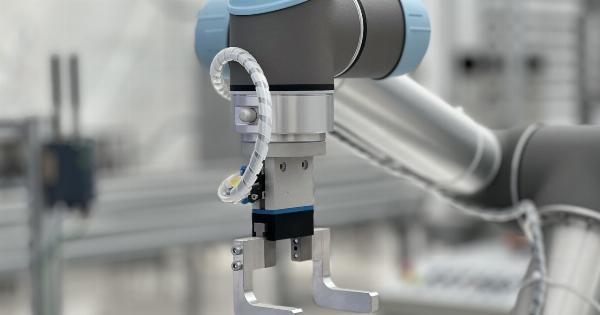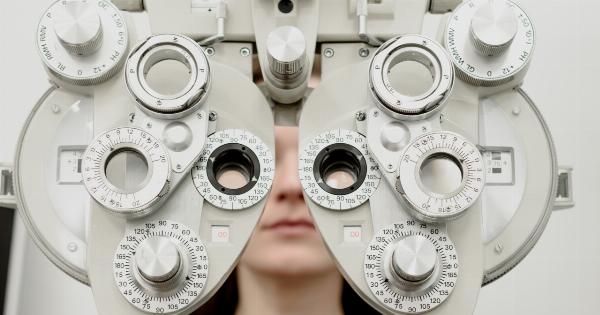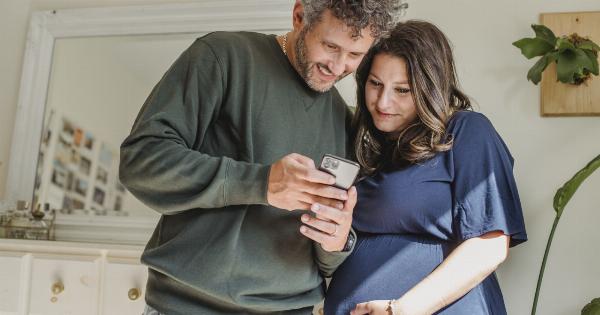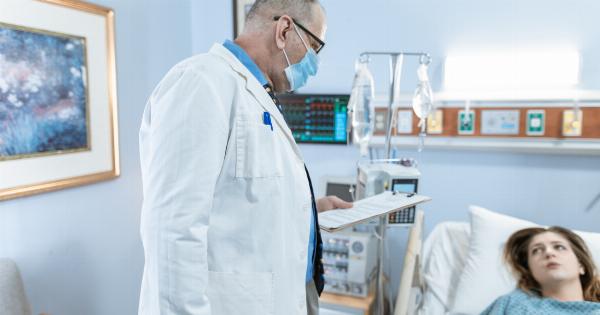Corneal transplantation, also known as corneal grafting, is a surgical procedure in which a damaged or diseased cornea is replaced with a healthy donor cornea.
This procedure is commonly performed to improve vision, relieve pain, and treat various eye conditions, such as keratoconus, corneal scarring, and corneal dystrophies.
Traditional Corneal Transplantation: A Lengthy Hospital Stay
Until recently, corneal transplantation required a lengthy hospital stay for patients undergoing the procedure.
This was mainly due to the complexity and invasiveness of the surgery, as well as the need for close monitoring during the initial stages of recovery.
Prior to the surgery, patients would need to be admitted to the hospital, typically spending a night or more to prepare for the procedure.
Upon completion of the surgery, patients would remain in the hospital for several days to ensure proper healing and to monitor for any potential complications, such as infection.
The Evolution of Same-Day Corneal Transplantation
Advancements in medical technology and surgical techniques have revolutionized corneal transplantation, making it possible to perform the procedure on an outpatient basis.
Same-day corneal transplantation eliminates the need for a hospital stay, allowing patients to return home on the same day as the surgery.
This significant development has numerous benefits for both patients and healthcare providers. Patients can now enjoy a more convenient and comfortable experience, avoiding the stress and inconvenience of a hospital admission.
In addition, the cost associated with a hospital stay is significantly reduced.
Benefits of Same-Day Corneal Transplantation
1. Enhanced patient comfort:.
Eliminating the need for a hospital stay greatly improves the overall comfort of the patient. They can recover in the comfort of their own home, surrounded by familiar surroundings and loved ones.
2. Faster recovery:.
Patients can begin their recovery process in their own home, which often leads to faster healing. Being in a relaxed and familiar environment can contribute positively to the healing process.
3. Reduced risk of hospital-acquired infections:.
With same-day corneal transplantation, patients can avoid the potential risk of hospital-acquired infections. Being in a hospital setting increases the exposure to various pathogens, which could complicate the recovery process.
4. Cost-effective:.
Avoiding a lengthy hospital stay significantly reduces the financial burden associated with the procedure. Patients can enjoy the benefits of corneal transplantation without the added cost of hospitalization.
The Procedure: Same-Day Corneal Transplantation
Same-day corneal transplantation follows a similar surgical procedure as traditional transplantation, but with a few modifications to facilitate outpatient care.
1. Preoperative assessment:.
Prior to the surgery, patients will undergo a comprehensive eye examination. This evaluation helps determine the suitability of the patient for same-day corneal transplantation and ensures that adequate preparations are made.
2. Anesthesia:.
The surgery can be performed under local or general anesthesia, depending on the patient’s preference and the surgeon’s recommendation. Local anesthesia numbs the eye area, while general anesthesia induces a temporary sleep-like state.
3. Donor cornea preparation:.
The cornea used for transplantation is carefully prepared by trained technicians in an eye bank. It is screened for infections or other potential complications to ensure the safety of the patient receiving the transplant.
4. Grafting procedure:.
The surgeon carefully removes the damaged cornea and replaces it with the donor cornea. The new cornea is sutured into place using tiny stitches that are typically self-dissolving.
5. Postoperative care:.
Following the surgery, patients are monitored for a short period to ensure stability and safety. They are provided with postoperative instructions and any necessary medication, and they are advised to follow up with their surgeon in the coming weeks.
Postoperative Care and Recovery
The successful outcome of same-day corneal transplantation relies heavily on proper postoperative care and adherence to the given instructions. Here are some key points:.
1. Eye drops:.
Patients are usually prescribed eye drops to prevent infections and aid in the healing process. They should administer the drops as instructed by their surgeon.
2. Protective eyewear:.
To avoid accidental trauma to the eye, patients are advised to wear protective eyewear, especially during the initial stages of recovery.
3. Rest and recovery:.
Proper rest and limited physical activities are essential for a smooth recovery. Patients should avoid strenuous activities and take time off work if necessary.
4. Follow-up appointments:.
Regular follow-up appointments with the surgeon are crucial to monitor the progress of the transplant and address any concerns or complications that may arise.
Conclusion
Same-day corneal transplantation represents a significant advancement in the field of ophthalmic surgery.
Patients can now undergo this life-changing procedure without the need for a hospital stay, enjoying the benefits of enhanced comfort, faster recovery, reduced infection risk, and cost-effectiveness. With proper postoperative care and follow-up, patients can look forward to improved vision and an improved quality of life.































